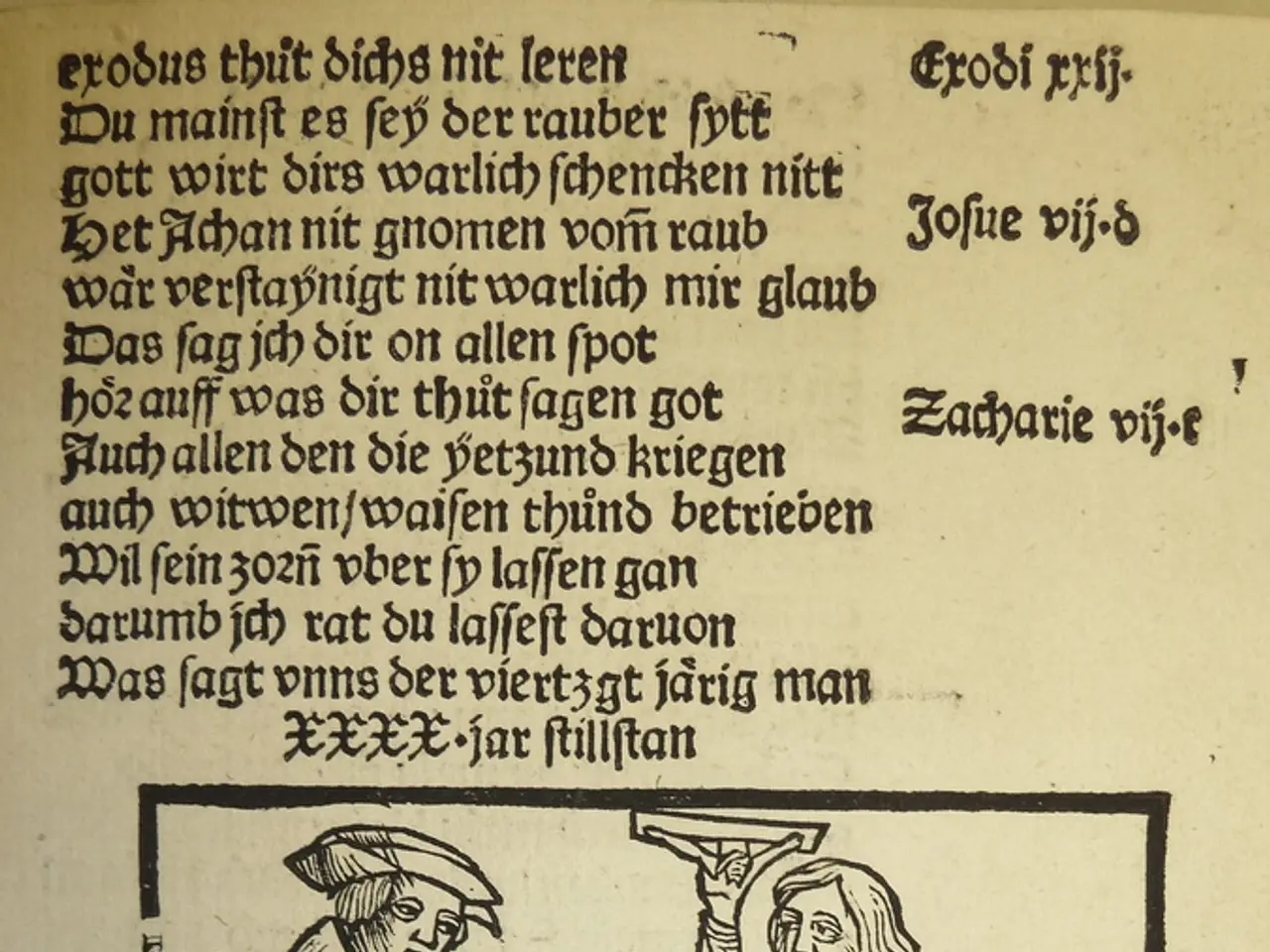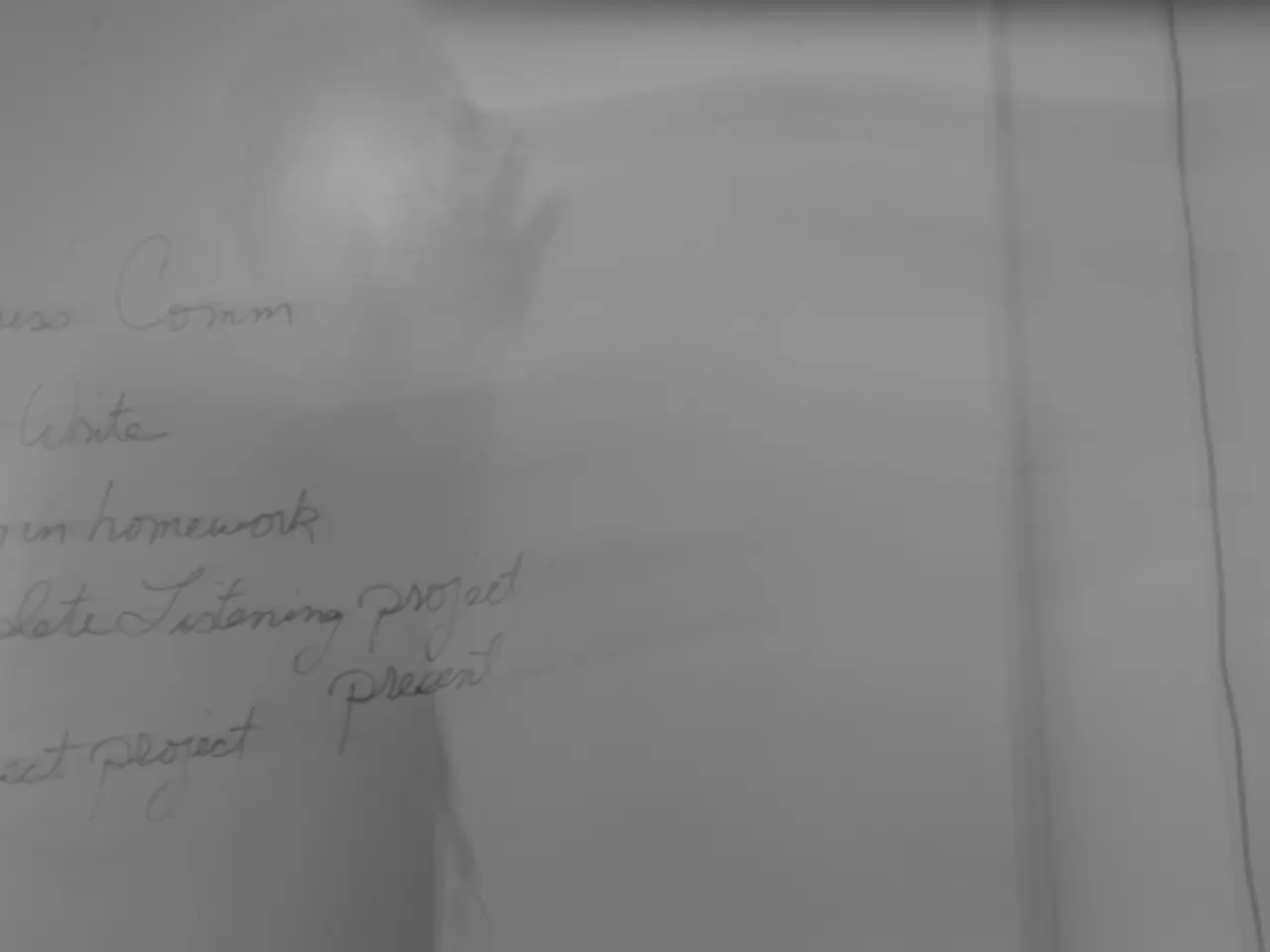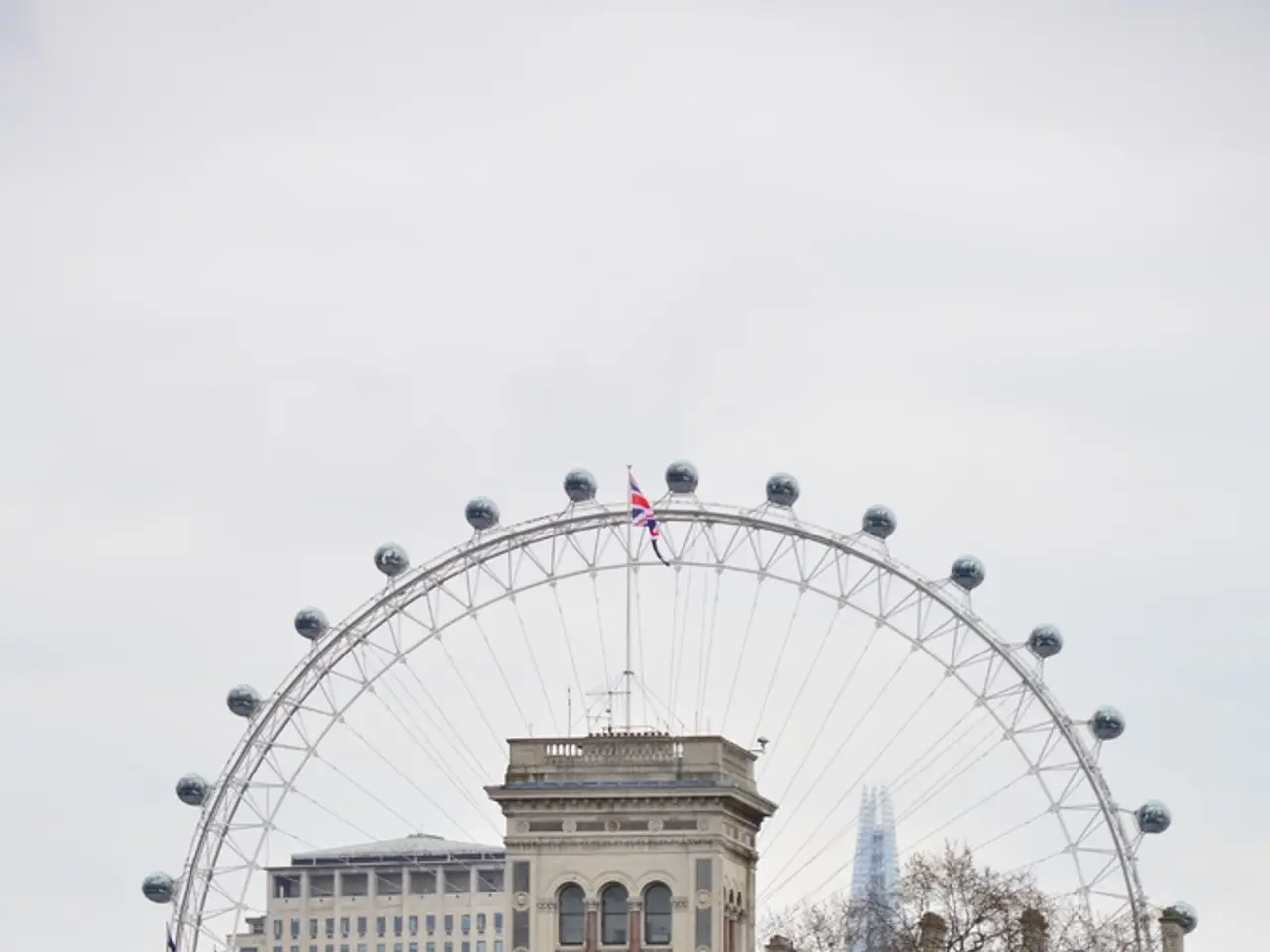Chancellery prohibits gender reference in Weimer's administration
Germany Enforces Ban on Gender-Neutral Language in Government Departments
In a move that has sparked controversy, the Federal Ministry of Culture, led by Minister of State Wolfram Weimer, has announced a ban on gender-inclusive language in its official communications. The ministry, which employs around 470 staff members in the Chancellor's Office, will now use traditional standard forms like "Sehr geehrte Damen und Herren" ("Dear Madam, dear Sir") instead of gender-neutral alternatives.
Weimer's decision follows similar bans in the federal state of Saxony and the CSU-governed Bavaria, where gender-sensitive language has been prohibited in official documents and classrooms. The reasoning behind these bans is multifaceted, with concerns over readability, tradition, and national unity being the primary factors.
Advocates of gender-neutral language argue that the traditional masculine-default usage in German grammar excludes or invisibilizes women and non-binary people. However, Weimer rejects what he terms "paternalistic language education" and believes that gender special characters could divide society instead of uniting it.
The ban on gender-neutral language applies to all letters, emails, and notes within the Chancellor's Office. Federal Education Minister Karin Prien (CDU) has also issued a comparable instruction in her department. The details of previous gender bans in other states are not specified.
Weimer's instructions follow the guidelines of the Council for German Orthography, and the notice with the new language regulation was already published on Friday in the intranet. Bild am Sonntag reported on Weimer's decision to issue a ban on gender-neutral language.
This move represents a conservative response to what some perceive as linguistic and social overreach by gender-inclusive language initiatives. It is part of a broader pushback against expanding gender diversity expressions in language and symbols, aligning with conservative views on maintaining what they consider neutrality and traditional values.
The debate about gender-neutral language continues across German society, with advocates and critics on both sides. The bans in Berlin, Bavaria, Saxony, and other states reflect this ongoing cultural and political discourse about language, identity, inclusion, and tradition.
[1] "Germany's Culture Minister Bans Gender-Neutral Language in Official Communications." Deutsche Welle, 12 Feb. 2023, www.dw.com/en/germany-s-culture-minister-bans-gender-neutral-language-in-official-communications/a-61868041. [2] "Bavarian Government to Ban Gender-Sensitive Language in Official Documents and Classrooms." The Local, 18 Jan. 2023, www.thelocal.de/20230118/bavarian-government-to-ban-gender-sensitive-language-in-official-documents-and-classrooms. [3] "Saxony Tightens Gender Ban in Schools." Deutsche Welle, 1 Feb. 2021, www.dw.com/en/saxony-tightens-gender-ban-in-schools/a-57615913. [4] "Bavaria Bans Rainbow Flags from Government Buildings." The Local, 12 Sept. 2019, www.thelocal.de/20190912/bavaria-bans-rainbow-flags-from-government-buildings. [5] "Gender-Inclusive Language in German: A Debate." Deutsche Welle, 15 Feb. 2023, www.dw.com/en/gender-inclusive-language-in-german-a-debate/a-61868038.
- This decision by Germany's Culture Minister to enforce a ban on gender-neutral language in official communications is part of the ongoing policy-and-legislation developments in politics surrounding general-news topics.
- The controversy sparked by the ban on gender-neutral language in Germany's government departments is a recent example of the multi-faceted politics around general-news issues like policy-and-legislation.








